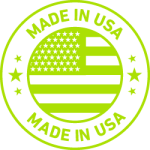
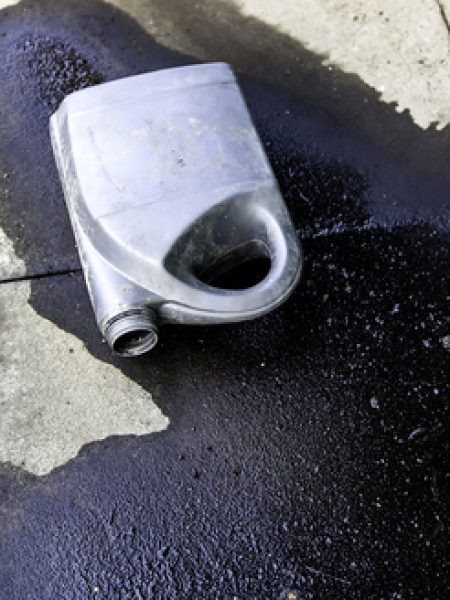
Fuel contamination is one of the most common and underestimated challenges facing vehicle owners, fleet managers, and mechanics today. Though it often goes unnoticed until significant damage is done, contaminated fuel can wreak havoc on vehicle performance, leading to costly repairs and operational downtime.
At its core, managing fuel contamination is about protecting an investment — whether that’s a single vehicle or an entire fleet. This blog will explore what fuel contamination is, its various forms, how it impacts vehicle performance, and most importantly, how you can prevent it.
Fuel contamination occurs when foreign substances infiltrate your fuel, degrading its quality and compromising its ability to power vehicles effectively. Today’s engines, particularly those found in fleets or heavy-duty vehicles, demand high-quality, uncontaminated fuel to operate efficiently.
Contamination can arise anywhere in the fuel supply chain — from poorly maintained storage tanks at fuel stations to your own vehicle’s fuel tank. Without early detection, it can lead to significant engine damage, expensive repairs, and vehicle downtime.
Water is the most prevalent contaminant in fuel systems. It can enter fuel through condensation, damaged seals, or poorly maintained storage tanks. Even trace amounts can lead to:
Often referred to as “diesel bug” in diesel engines, microbial growth thrives in water-contaminated fuel. Microbes produce slimy biomass that clogs fuel filters, corrodes metal components, and degrades the overall quality of the fuel.
Solid contaminants such as dirt, rust, and metal debris can make their way into fuel systems. These particles clog fuel filters, damage fuel injectors, and lead to poor engine performance.
When air or vapor gets trapped in diesel fuel, it can result in a loss of lubrication, excessive wear on injection components, and reduced engine efficiency.
Over time, fuel left unused begins to oxidize, forming gums and varnishes that clog filters and reduce fuel quality.
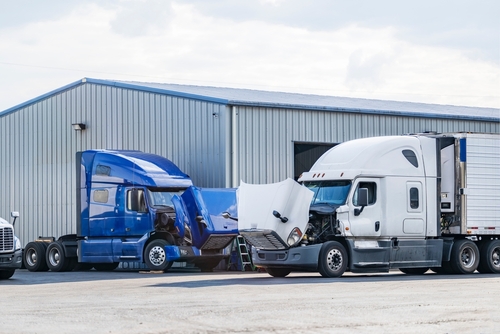
Fuel contamination doesn’t only cause immediate issues; its long-term effects can devastate your vehicle’s engine and fuel systems.
Repairing these damages is not only expensive but also results in unexpected downtime for the vehicle.
To protect your vehicle’s engine, you must stay vigilant for early signs of fuel contamination. Here’s what you should watch for:
Regular fuel testing, especially for fleet vehicles, can be a proactive strategy to identify contamination early.
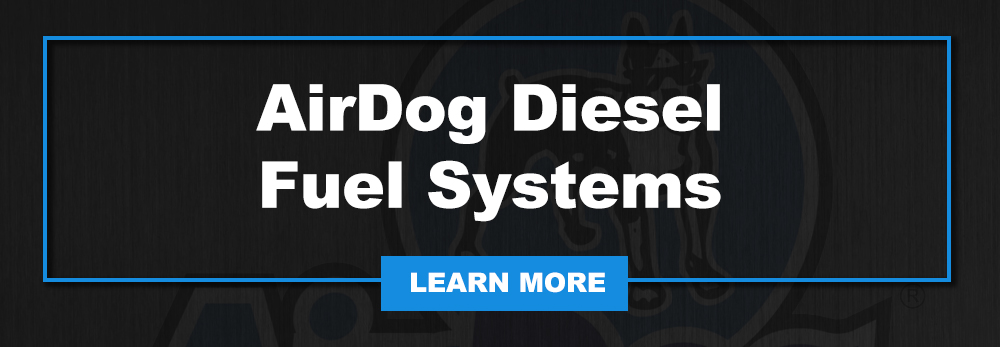
High-quality filtration systems can remove most contaminants before they reach your engine. Tools like AirDog® Fuel Systems eliminate water and particulates down to 6 microns, optimize the fuel supply to the engine, and minimize contamination risks.
Fuel stabilizers and biocides can protect against microbial growth and oxidation in stored fuel.
Investing in water-separating technologies or filtration pre-filters, like the AirDog® Diesel Fuel System, can drastically reduce water contamination risks.
Fuel contamination isn’t just a technical problem—it’s a financial one. Costs associated with contaminated fuel include:
Investing in preventive measures and quality fuel management systems can save thousands of dollars by avoiding these issues altogether.
Preventive maintenance and proactive measures may seem like additional expenses, but they pale in comparison to the cost of addressing a full-blown fuel contamination issue. Here’s how prevention saves money:
Understanding fuel contamination is the first step to protecting your vehicle or fleet. By sourcing quality fuel, using advanced filtration systems, and following regular maintenance schedules, you can significantly reduce the risk of contamination — and all the headaches that come with it.
Don’t wait until contamination wreaks havoc on your vehicles. Take control of your fuel system today to ensure optimal performance, longevity, and cost efficiency.
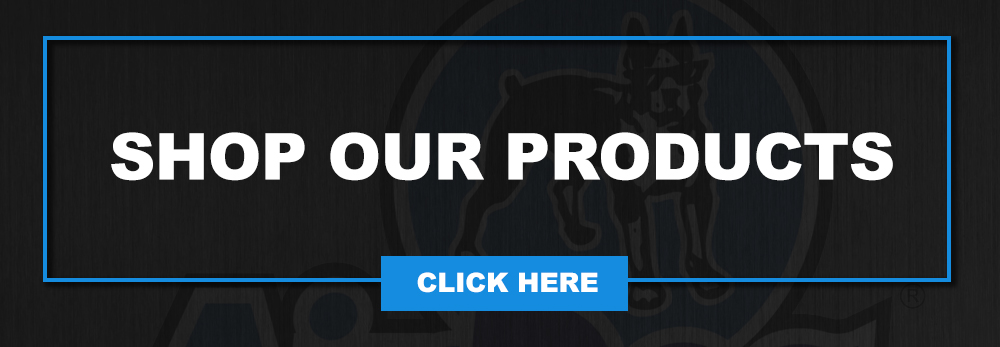
1. What is fuel contamination?
Fuel contamination occurs when foreign substances like water, microbes, particulates, or air infiltrate fuel, degrading its quality and affecting engine performance.
2. What are the common signs of fuel contamination?
Symptoms include engine misfires, stalling, rough idling, loss of power, clogged fuel filters, and reduced fuel economy.
3. How can I prevent fuel contamination?
Prevent contamination by sourcing quality fuel, maintaining clean fuel tanks, using advanced filtration systems like AirDog®, and performing regular maintenance.
4. Why is water contamination so harmful?
Water causes rust, corrosion, microbial growth, and loss of lubrication in the engine, leading to significant damage and reduced performance.
5. How does AirDog® help with fuel contamination?
AirDog® systems remove water, particulates (down to 6 microns), and air from diesel fuel, ensuring clean fuel delivery and protecting engine components.